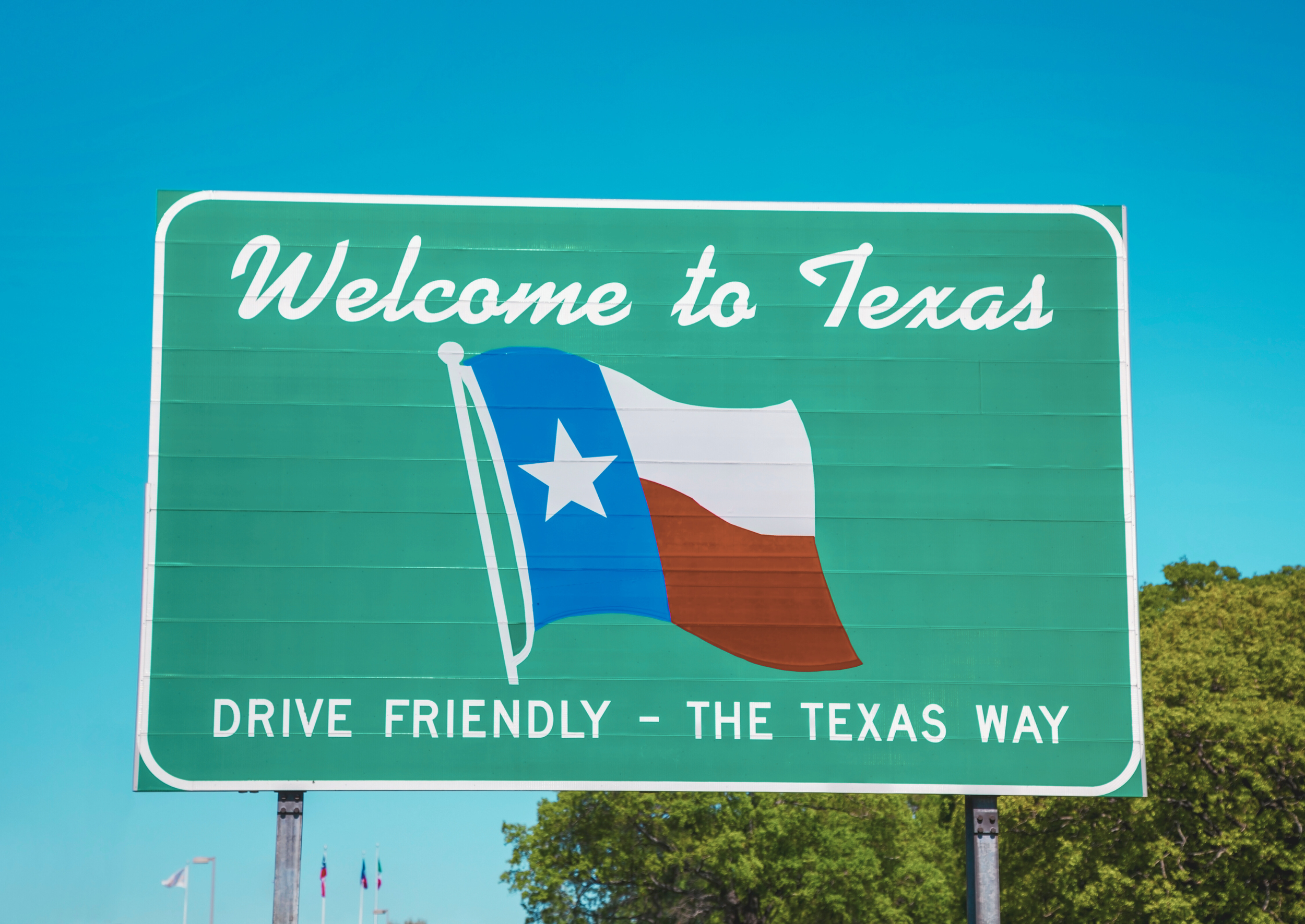Thinking of Moving to Texas? Here’s What You Need to Know Before You Pack Your Bags.
Thinking of Moving to Texas? Here’s What You Need to Know Before You Pack Your Bags
Texas, the Lone Star State, is known for its vast landscapes, rich history, and diverse culture. If you're considering a move from another state to Texas, you're in for an exciting journey. From the cost of living to driving regulations, here’s a comprehensive guide to help you prepare for your new life in this dynamic state.
State Facts and Overview
1. Size and Diversity: Texas is the second-largest state in the U.S. by both area and population. It boasts a variety of landscapes, from deserts to forests and coastlines to hills. Each region has its own unique character, so you’ll have plenty of options depending on whether you prefer urban living or rural charm.
2. Climate: The climate varies significantly across the state. While the eastern part experiences humid subtropical conditions, the western region has a more arid, desert-like climate. Summers can be hot and humid, especially in cities like Houston and Austin, whereas winters are generally mild with occasional cold snaps.
3. Cost of Living: Texas generally offers a lower cost of living compared to states like California or New York. Housing is often more affordable, although prices can vary greatly between urban centers like Dallas and Austin versus rural areas. Overall, Texas is considered budget-friendly, especially when it comes to housing and utility costs.
Education
1. School Systems: Texas has a large and diverse education system. Public schools are managed by various Independent School Districts (ISDs), and many areas boast highly-rated schools. The Texas Education Agency (TEA) provides resources and information about school performance and standards.
2. Higher Education: Texas is home to several top universities and colleges, including the University of Texas System, Texas A&M University, and Rice University. The state offers a range of higher education opportunities, from research institutions to community colleges.
3. Extracurriculars and Support: Many Texas schools offer robust extracurricular programs and support services, including Advanced Placement (AP) courses and special education resources. Check local school districts for specifics about programs available in your new area.
Driving and Transportation
1. Driver’s License: If you're moving from another state, you'll need to obtain a Texas driver’s license within 90 days of establishing residency. You’ll need to visit a Texas Department of Public Safety (DPS) office with proof of identity, residency, and, if applicable, pass a vision test.
2. Traffic and Roads: Texas roads are extensive and well-maintained, but traffic congestion can be a concern in major cities like Houston, Dallas, and Austin. Familiarize yourself with local traffic patterns and consider using apps to avoid peak-hour congestion.
3. Public Transportation: While public transit options are available in larger cities—such as the METRO system in Houston and the DART in Dallas—many areas rely heavily on personal vehicles. If you're moving to a city, research the local transit options to determine if they fit your needs.
Healthcare and Safety
1. Healthcare: Texas has a range of healthcare facilities, from large medical centers to smaller clinics. Major cities offer some of the best healthcare in the country, while rural areas might have fewer options. Health insurance is essential, as healthcare costs can vary.
2. Safety: Crime rates vary by city and region. Larger urban areas might experience higher crime rates compared to rural locales. It’s a good idea to research crime statistics for the specific area you’re moving to and ensure you’re comfortable with local safety measures.
Lifestyle and Culture
1. Cuisine: Texas is famous for its diverse cuisine, including BBQ, Tex-Mex, and Southern comfort food. Each region has its culinary specialties, so be prepared to indulge in a rich array of flavors.
2. Recreation: From outdoor activities like hiking and boating to cultural events and festivals, Texas offers a wealth of recreational opportunities. Major cities host numerous cultural events, concerts, and festivals throughout the year.
3. Culture: Texas is known for its distinct cultural identity, blending Southern charm with a touch of Western flair. The state prides itself on its historical heritage, music scene, and friendly locals.
Final Tips
- Prepare for Heat: If you’re moving to Texas, be ready for the heat, especially in the summer months. Make sure your new home has air conditioning and stay hydrated.
- Understand Taxes: Texas has no state income tax, which can be a significant financial benefit. However, property taxes and sales taxes might be higher than what you’re used to.
- Embrace the Local Culture: Get involved in local community activities and embrace the Texan way of life. Texans are known for their hospitality, so you’ll likely find yourself welcomed with open arms.
Moving to Texas can be a thrilling adventure filled with new experiences and opportunities. By understanding what to expect and preparing accordingly, you’ll be ready to enjoy all that the Lone Star State has to offer.


